During our stay at the Montanema Handmade Village we got to participate in a farm to table experience. What does it mean? Well we gathered all the ingredients required to cook the famous Greek hilopetes which is a type of egg noodles. Our morning started off with a visit to a private farm located in Frago, Karditsa where for the first time in my life I got to milk a sheep!
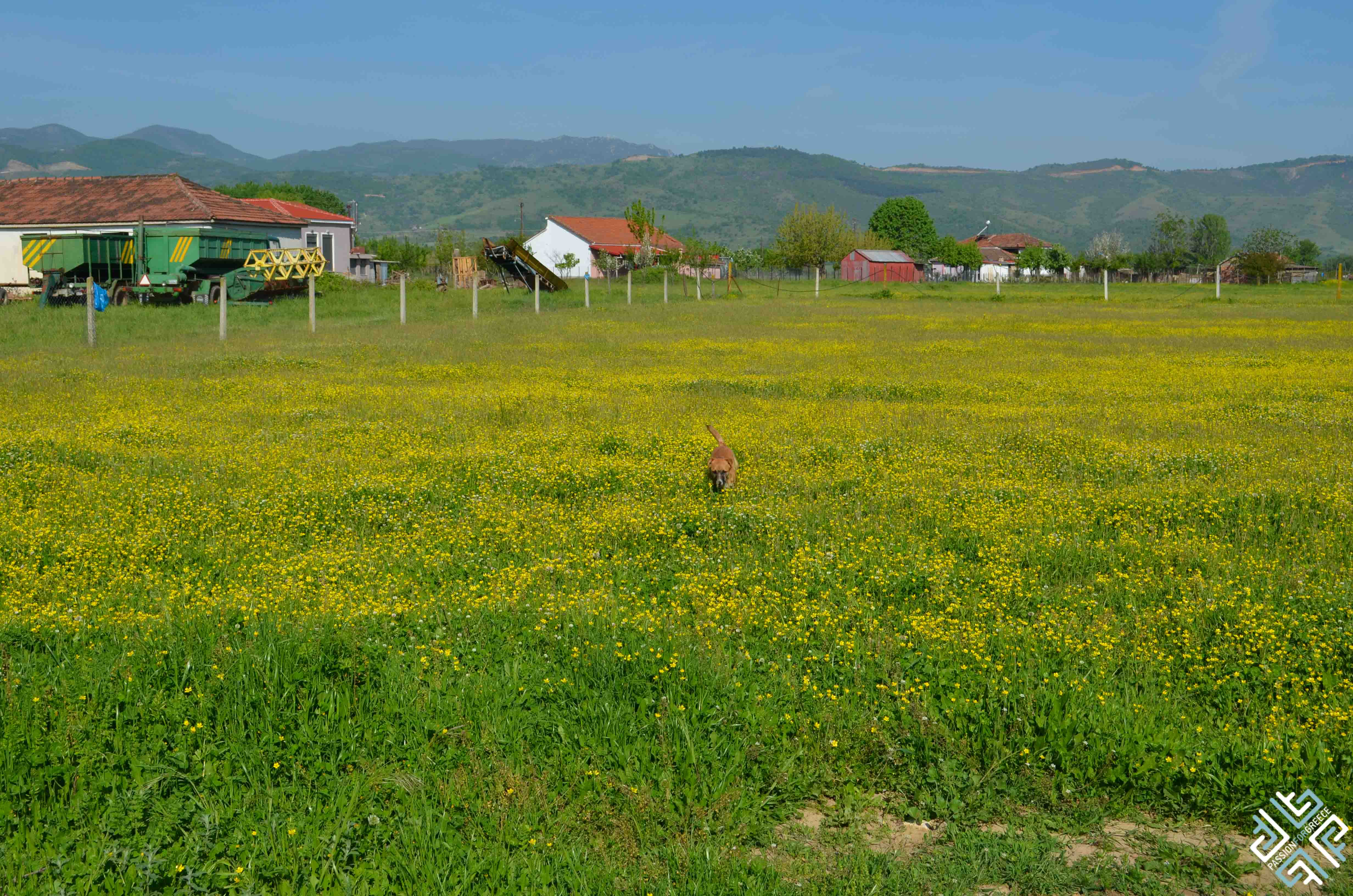
I always found the farm life fascinating and this experience was definitely one I will remember. The sheep’s name was Dimitra, I guess the poor thing was confused with so many of us wanting to milk and photograph her. Her owner was such a lovely and happy chap; he did enjoy explaining to us travel bloggers the mastery of milking sheep.
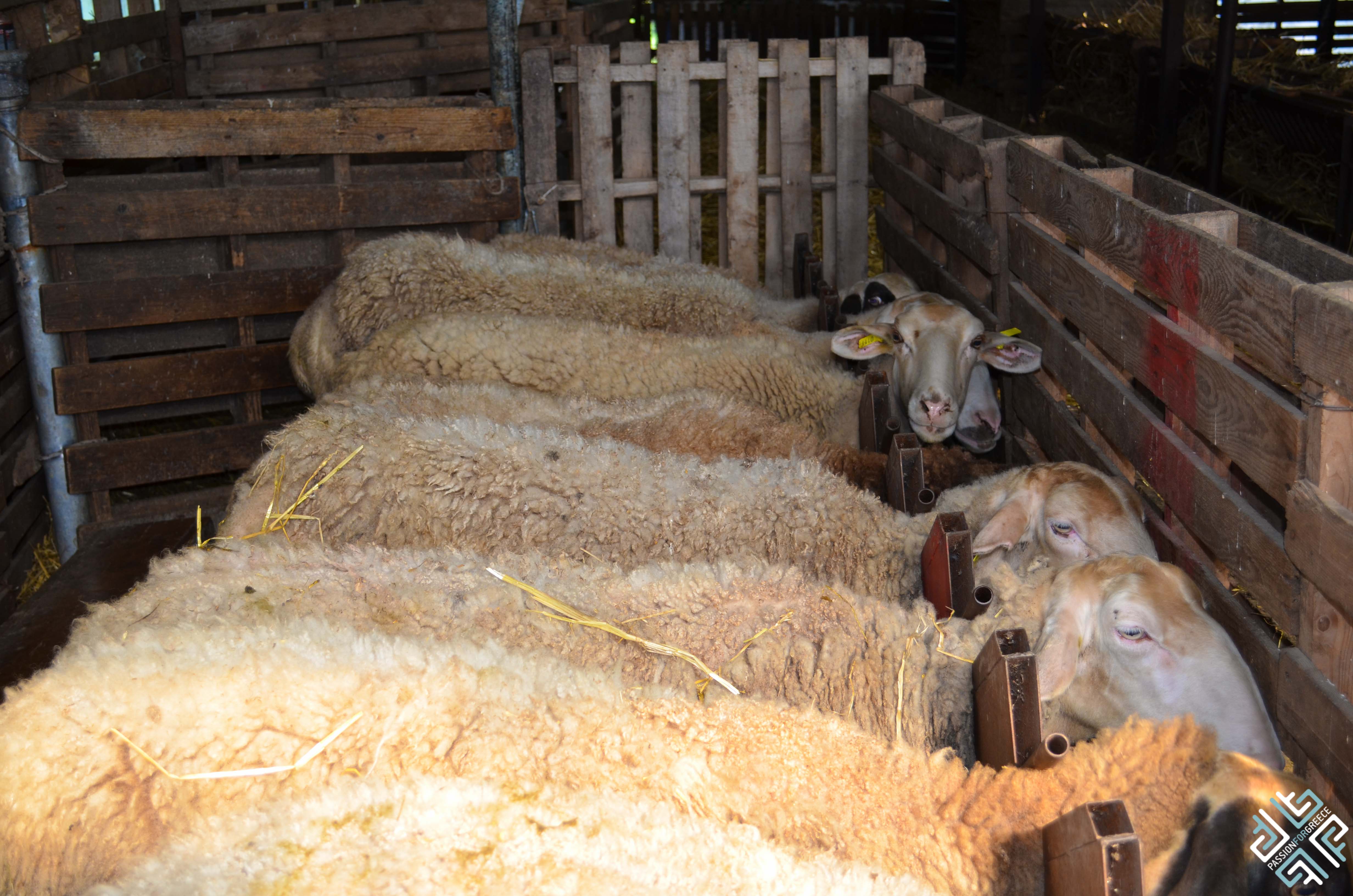
Once we all got our try at milking Dimitra, her milk was sent off to be brought to boil, this was part of the ingredients we were on a mission to collect in order to prepare our hilopetes. The next on the list was getting the eggs from the chickens, and once they were carefully handpicked and placed into baskets we said goodbye to our farmer friends and set off to the flour mill factory to learn about the process of making flour.
We arrived to the fifth generation Pyrontzello flour mill which was established in 1946, where we were met by the owner who explained the family history and how his flour mill to date uses the traditional methods of making flour.
The flour is produced using a Maxima Roller mill which was manufactured in 1872 and there were only 400 machines produced at that time. The one we saw at the mill was # 397. We watched the whole process of where the grain is stored, how it is washed, dried and grinded.
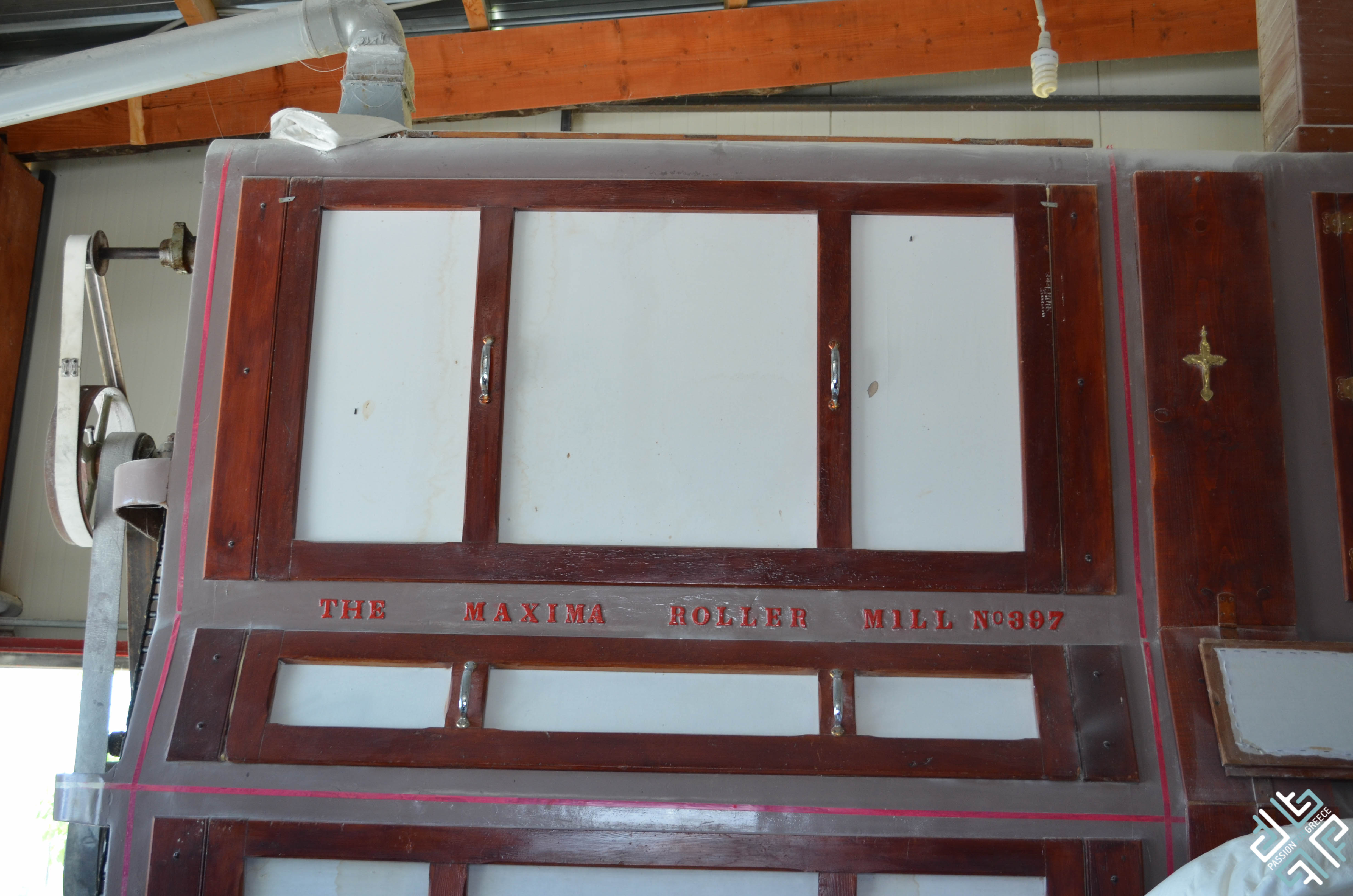
Maxima Roller Mill
The Pyrontzello flour mill produces around 15 different types of flour for different purposes and we saw a few different types, such as white flour and corn flour. After we stocked up on flour, we then headed to our final destination, the hilopetes factory called Karagouna.
At the Karagouna pasta factory we were met by the owner and her daughter who presented us with all the steps of what is required to make the hilopetes. First came in the ingredients that we had gathered during our morning mission, the fresh milk, eggs and flour. All the ingredients were then placed into the mixing machine that processed the ingredients for approximately 20 minutes.
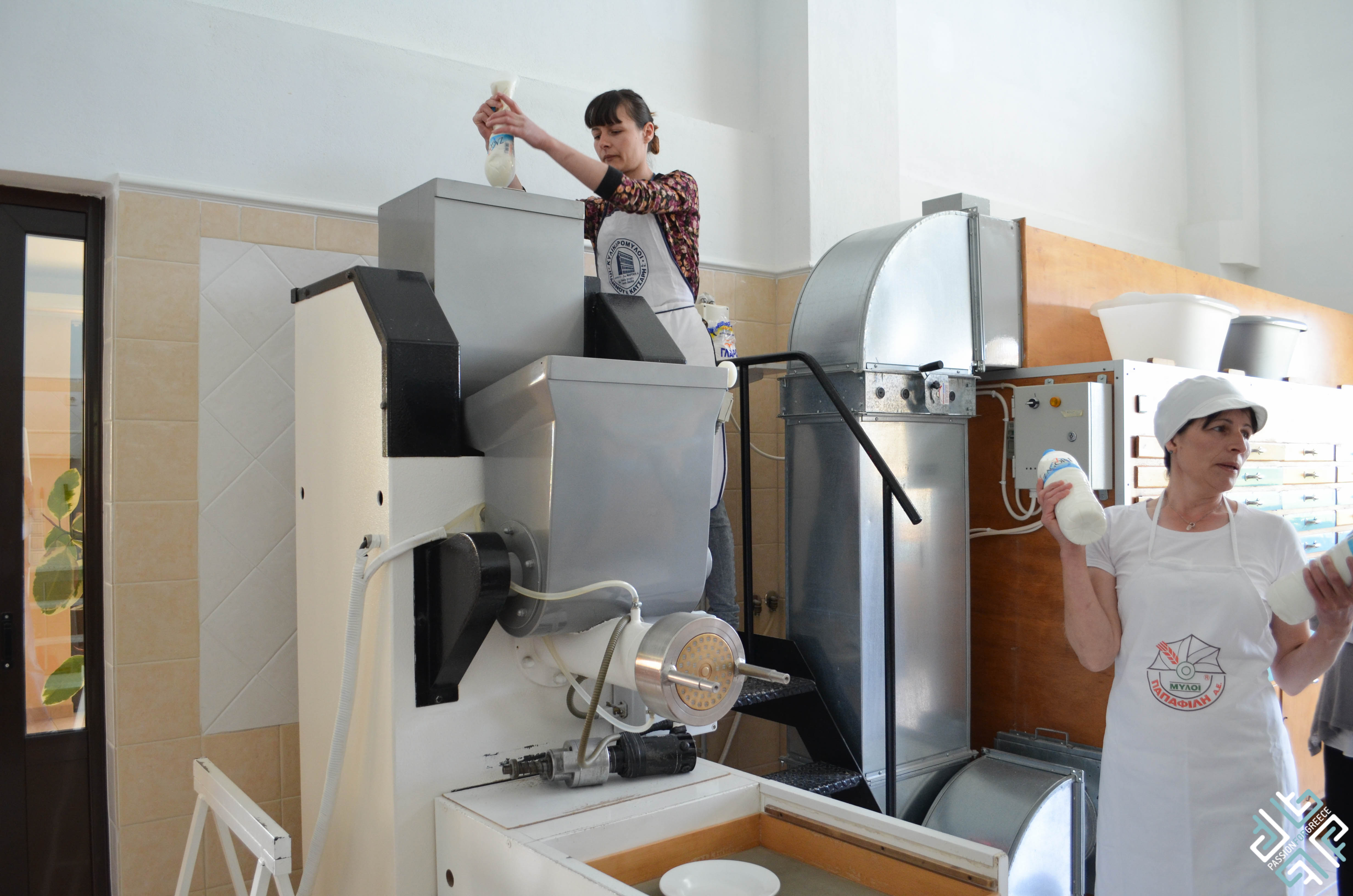
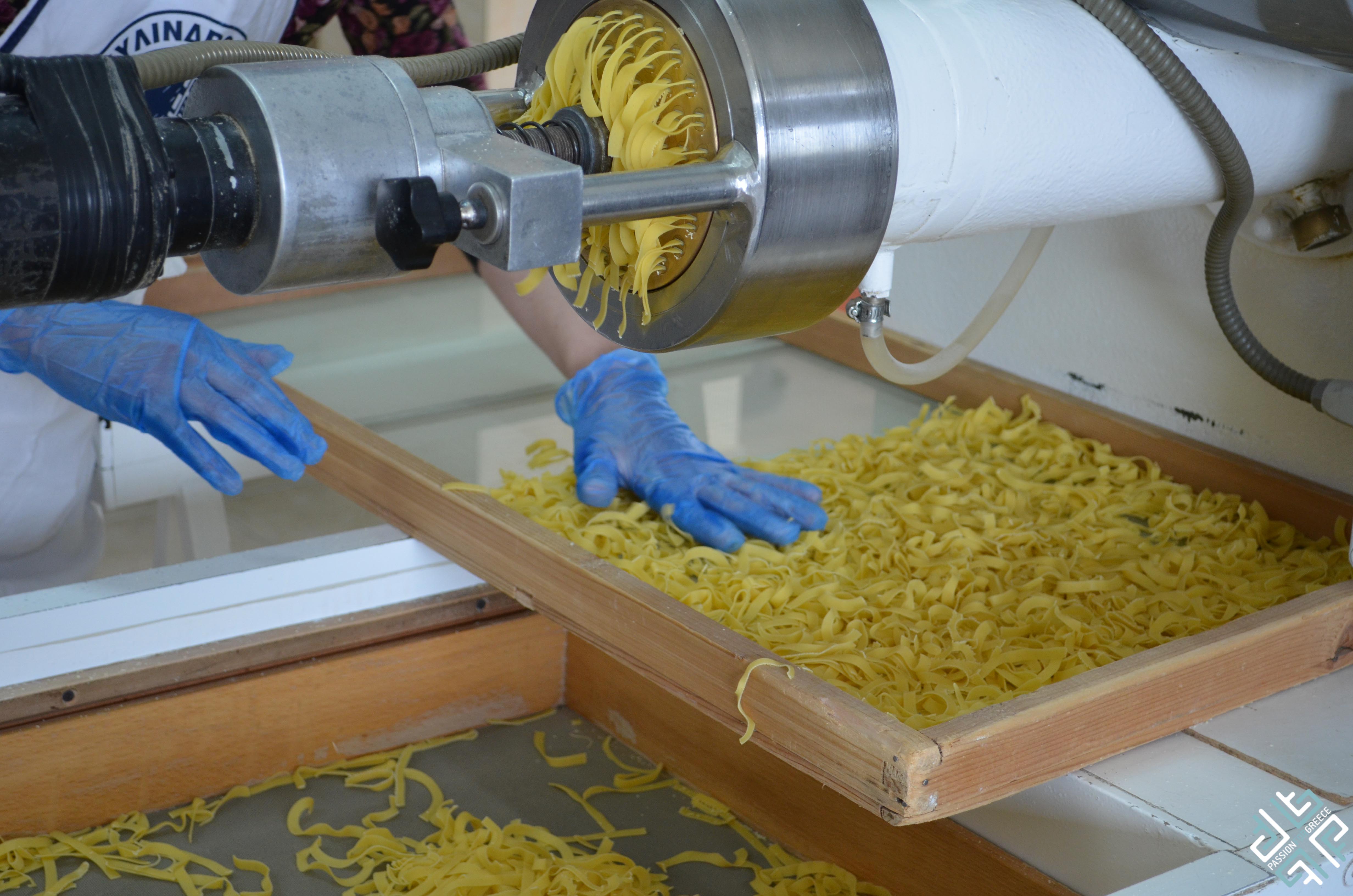
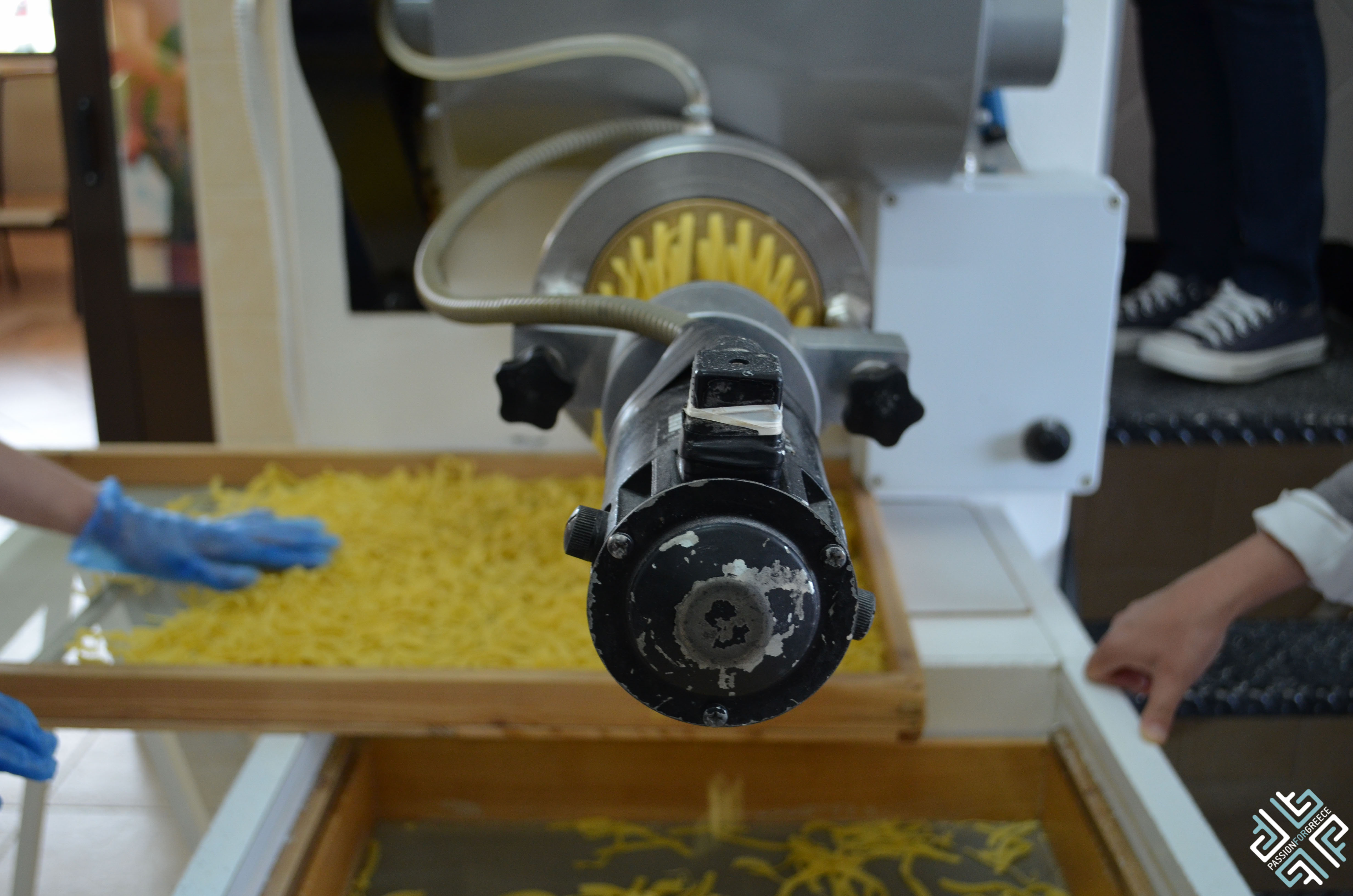
The pasta was then ejected onto special trays which were then placed into dedicated drawers and was left to dry for two days before it was ready to be cooked.
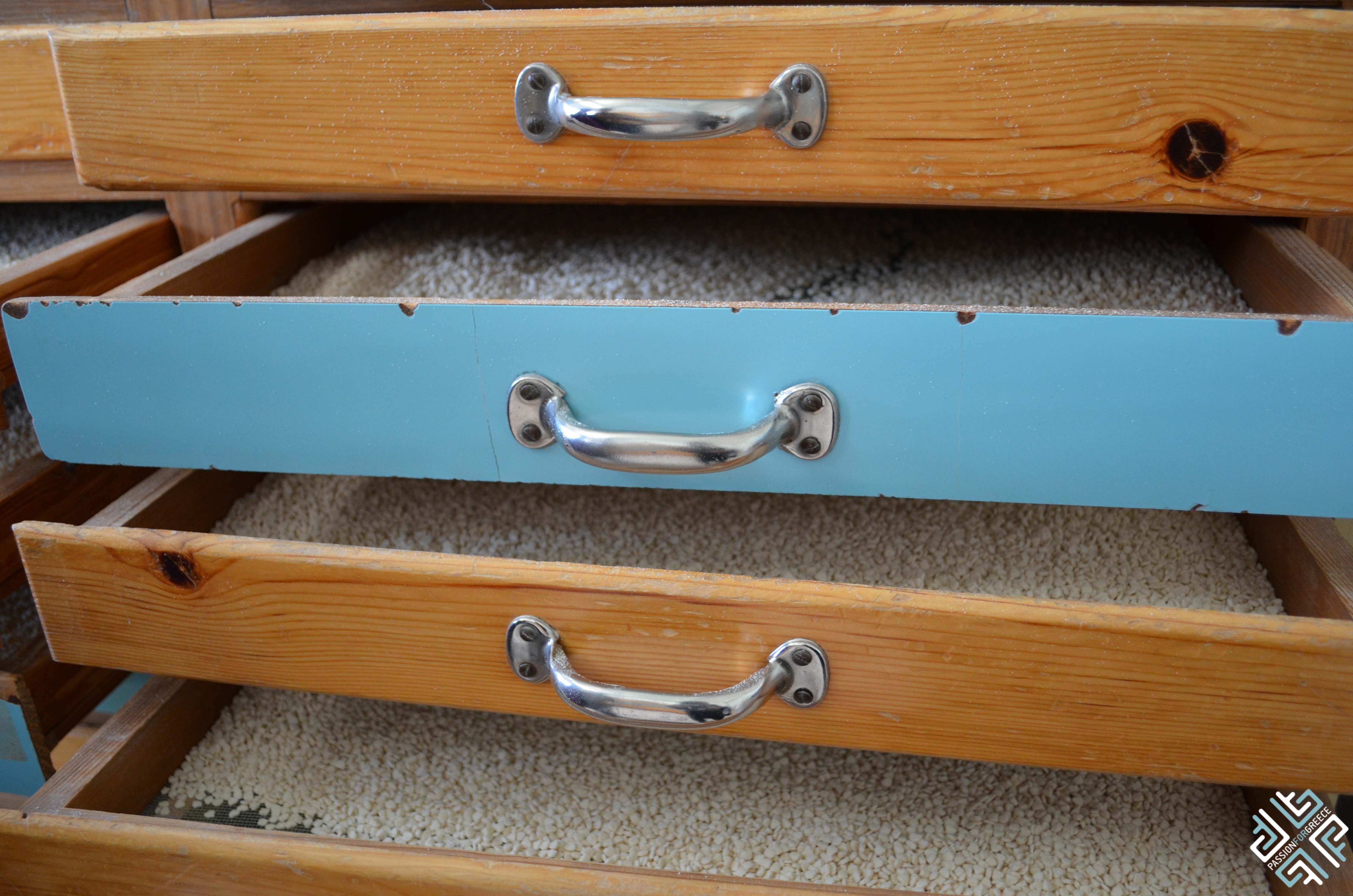
This was a once in a lifetime experience to actually participate the process of gathering all the ingredients needed to make the meal. Once we returned to the Montanema Handmade Village we got to try the famous hilopetes served with traditional Greek meetballs, keftedes. It was delicious and even more rewarding as we actually participated in the whole process.
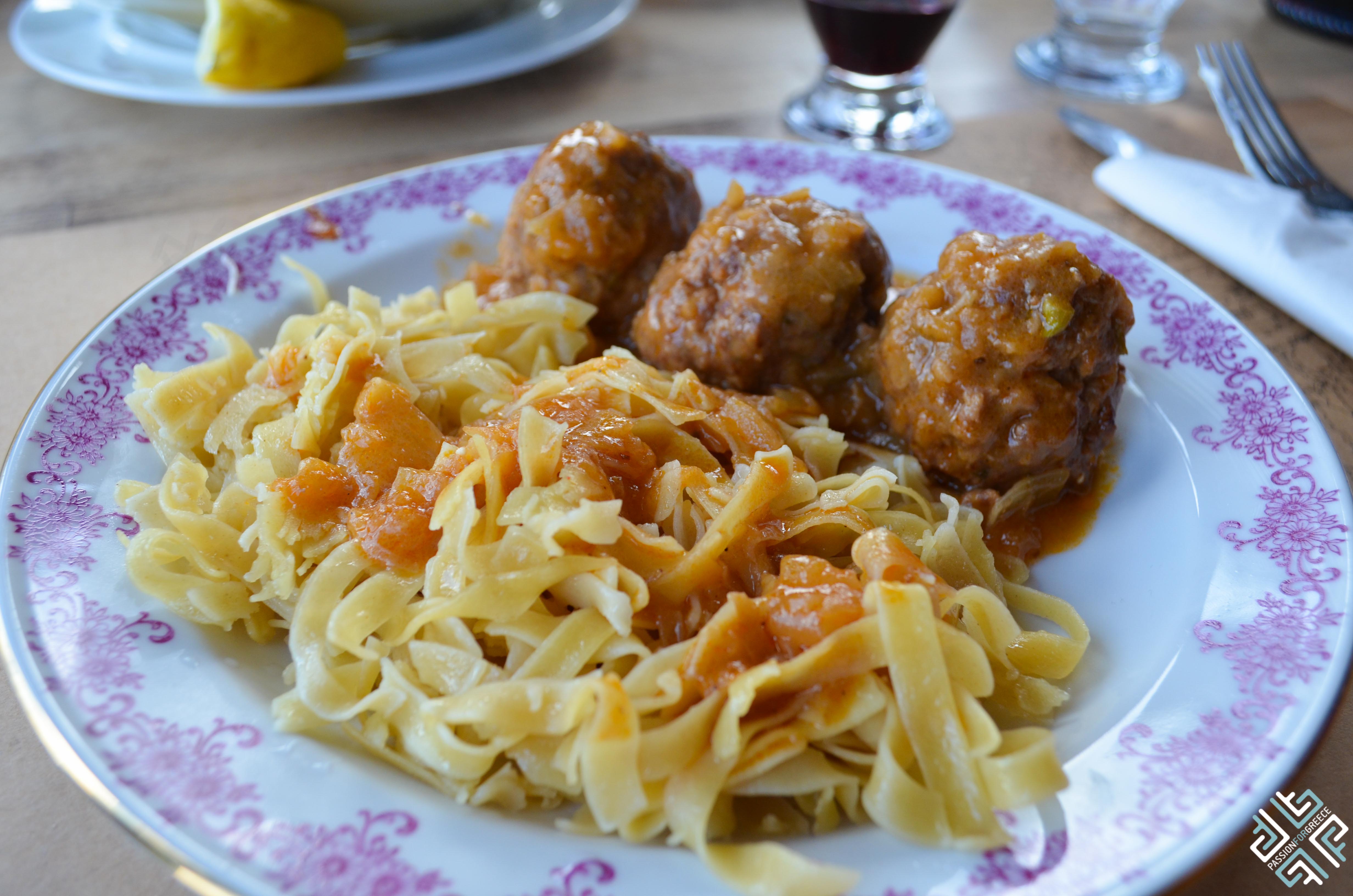
The post Farm Life at Montanema Handmade Village appeared first on Passion for Hospitality.












